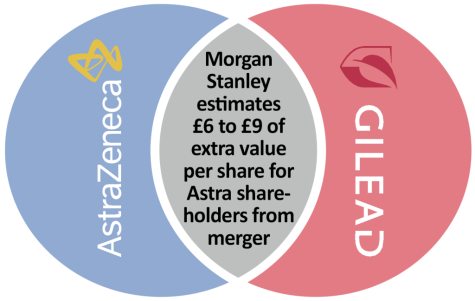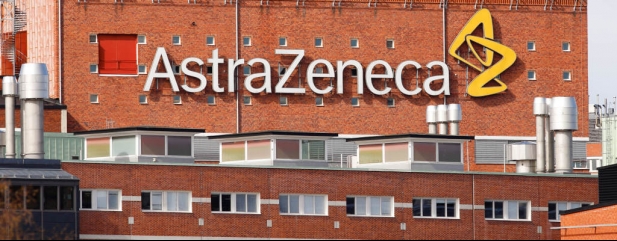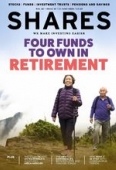Is the global pharmaceutical industry about to see a blockbuster merger?
On 7 June Bloomberg reported that AstraZeneca (AZN) had approached US from Gilead Sciences, the firm behind the prospective COVID-19 treatment Remdesiver. Both firms have been at the forefront of developing therapies and vaccines to tackle the virus in recent months.
Astra has been working with the University of Oxford in the first human trials to develop a vaccine and now has the capacity to manufacture 2bn doses if the vaccine is proven effective.
Tellingly, there hasn’t been an official comment from Astra. This suggests but does not guarantee that any talks, if they did actually take place, are now finished.
IS THERE A RATIONALE?
Analysts have for some time been questioning Astra’s stretched balance sheet and asking when it would turn cash flow positive. This line of thinking has prompted some analysts to argue the reason behind the potential tie-up is Gilead’s relatively stable cash generation.
In addition, Astra could purchase this cash at a significant discount to the valuation of its own shares.

According to Morgan Stanley Astra’a shares trade at 21 times 2021 earnings per share compared to Gilead’s 12 times. They estimate a deal financed 50% in shares and 50% in debt and assuming synergies worth around 8% to 12% would create an extra £6 to £9 per share of value for Astra’s shareholders.
While positive in the short term, longer-term growth would likely be diluted by the relatively pedestrian growth expectations at Gilead.
Meanwhile analysts at Jefferies think a deal is unlikely so soon into Dan O’Day’s chairmanship of Gilead, who was brought in to turnaround the company’s fortunes. Why would he sell at such a low earnings multiple?
TURNING THE TABLES
Back in 2014, AstraZeneca was fighting-off the advances of a £55 pound a share offer worth £69bn from US giant Pfizer as well as facing a drug cliff which would see up to $10bn in lost revenues due to patent expiries over the following five-years.
Six years on and broker Liberum observes that ‘management has pulled off one of the most impressive turnarounds in the sector’. The company’s share price around is 65% higher than 2014 levels making it the UK’s largest listed company with a market capitalisation of £111bn, some 30% higher than peer GlaxosmithKline (GSK).
Astra has built one of the deepest oncology (cancer) franchises in the industry which last year generated revenues of $8.6bn, around 36% of the group. Liberum reckons by 2025 oncology sales will reach $19bn, representing half of the company’s sales.
‹ Previous2020-06-11Next ›

 magazine
magazine









